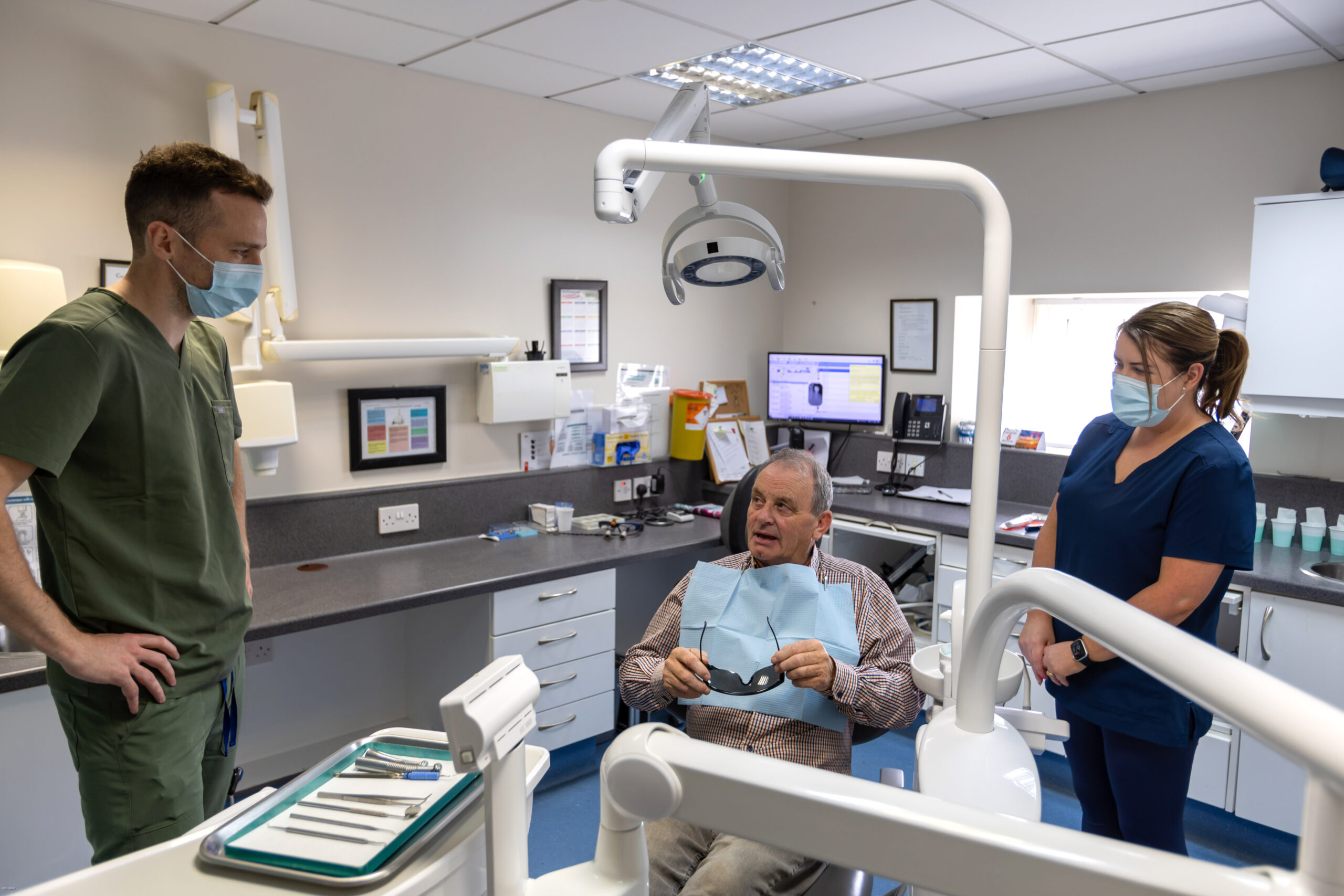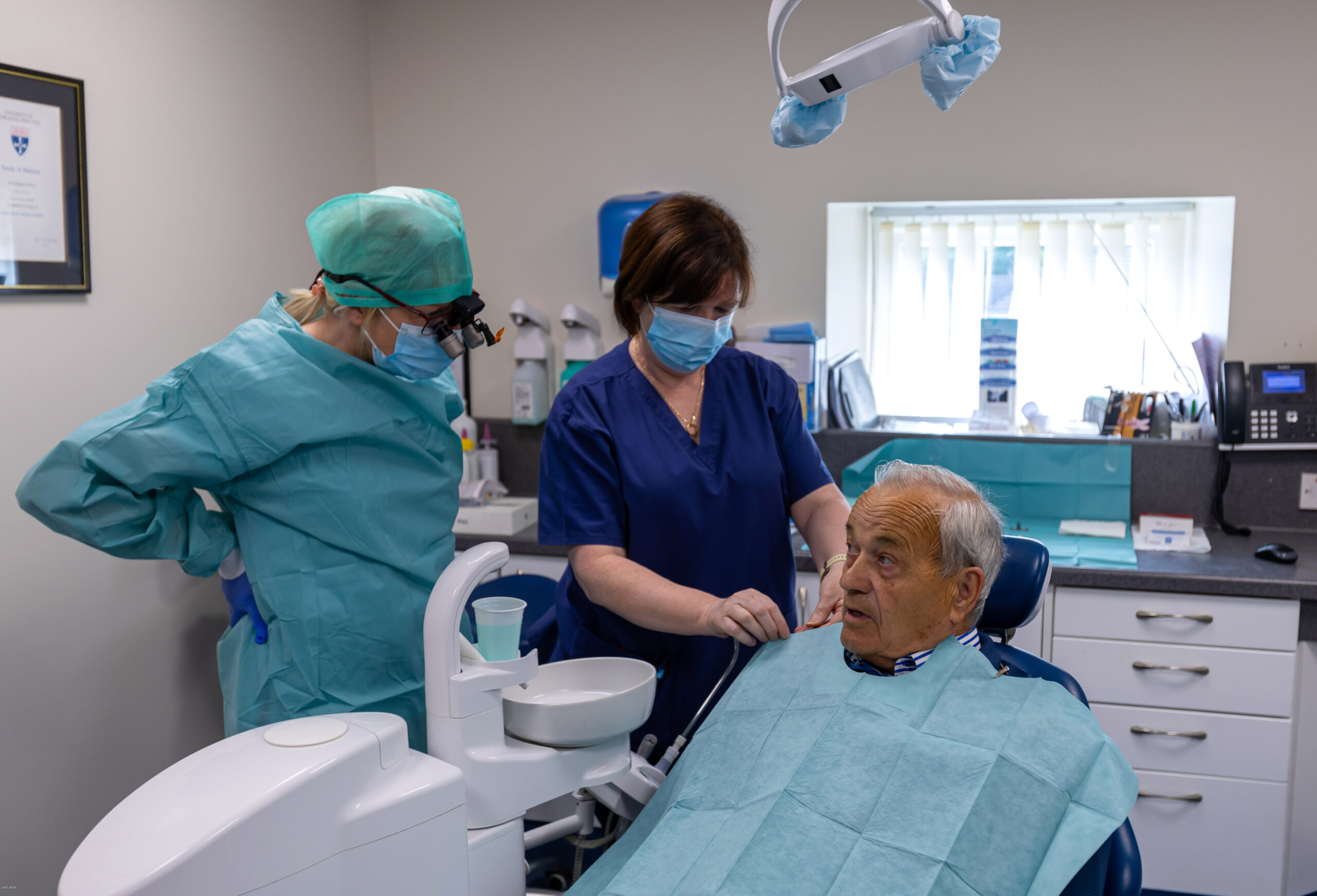Night Guards
Protect Your Teeth from the Nightly GrindNight Guards
Protect Your Teeth from the Nightly Grind
Many people, often without even knowing it, grind their teeth- especially at night.
This can cause any number of problems including ‘clicks’ or crunching noises when you move your jaw, stiff or tender jaw (temporomandibular) joint, ear pain (with or without tinnitus), sleep problems and even migraines.
By using an easy to use night guard you can help relieve this pain and prevent any further damage.
A Simple and Effective Solution
At Camlough Dental we can fit a mouthguard specifically for you to wear at night. This night guard will protect your teeth and stop them from grinding together by creating a barrier between your upper and lower teeth and help improve your quality of life.

A Simple and Effective Solution
At Camlough Dental we can fit a mouthguard specifically for you to wear at night. This night guard will protect your teeth and stop them from grinding together by creating a barrier between your upper and lower teeth and help improve your quality of life.
The Benefits of Wearing a Night Guard
Not only will your new night guard help alleviate any pain caused by your grinding teeth, it will also help prevent any further damage to your teeth.
Along with the daily pain and annoyance, if your teeth grinding goes untreated it will continue to cause pain, wear down your teeth and potentially lead to neck/shoulder pain and arthritis.

How We Check for Night-time Teeth Grinding
During our assessment we will look for the following symptoms:
- Pain and stiffness in your jaw (temporomandibular) joint or headaches
- Worn teeth
- Fractured teeth or fillings
- Difficulty opening your mouth
Aftercare
Once you have been fitted with your nighttime mouth guard, we may ask you to come back in a few months to check on your progress.
FAQs
What causes nighttime teeth grinding?
There are many things that can cause nighttime teeth grinding so it’s not always clear what is causing it. However, many cases can be linked to stress and anxiety as well as snoring and sleep apnoea.
Other factors may include:
- Head and neck trauma
- Irregular Sleep Patterns
- Lifestyle choices such as alcohol consumption, caffeine and cigarette smoking
- Medications such as SSRI’s, amphetamines and antipsychotics
By getting a night guard you can help protect yourself from any further dental and chronic pain issues.
How common is night-time teeth grinding?
Nighttime teeth grinding, or Sleep Bruxism, tends to be more common in children, teenagers and young adults, rather than middle-aged or older adults. But there’s really no way to know for sure just how common it is since many people are completely unaware that they grind their teeth in their sleep.
Is night-time teeth grinding serious?
Although night bruxism isn’t generally considered a ‘life and death situation’ it can lead to fairly serious health issues further down the road. If left untreated, constant night grinding can cause your teeth to crack, which can cause any number of more serious issues, headaches, TMJ (temporomandibular joint disorder) and tinnitus.
When in doubt, get it checked out.
Denplan Membership plans
Find out more about our Membership Plans
